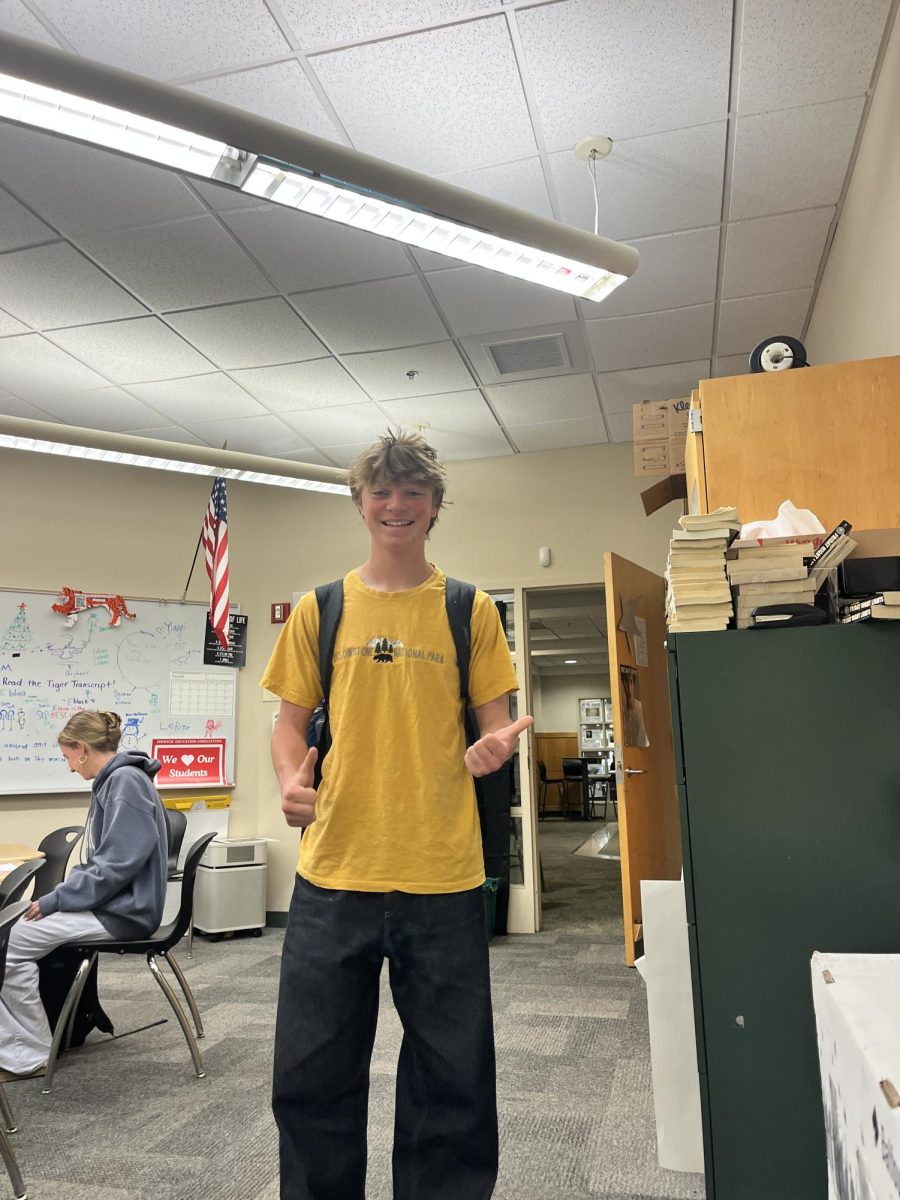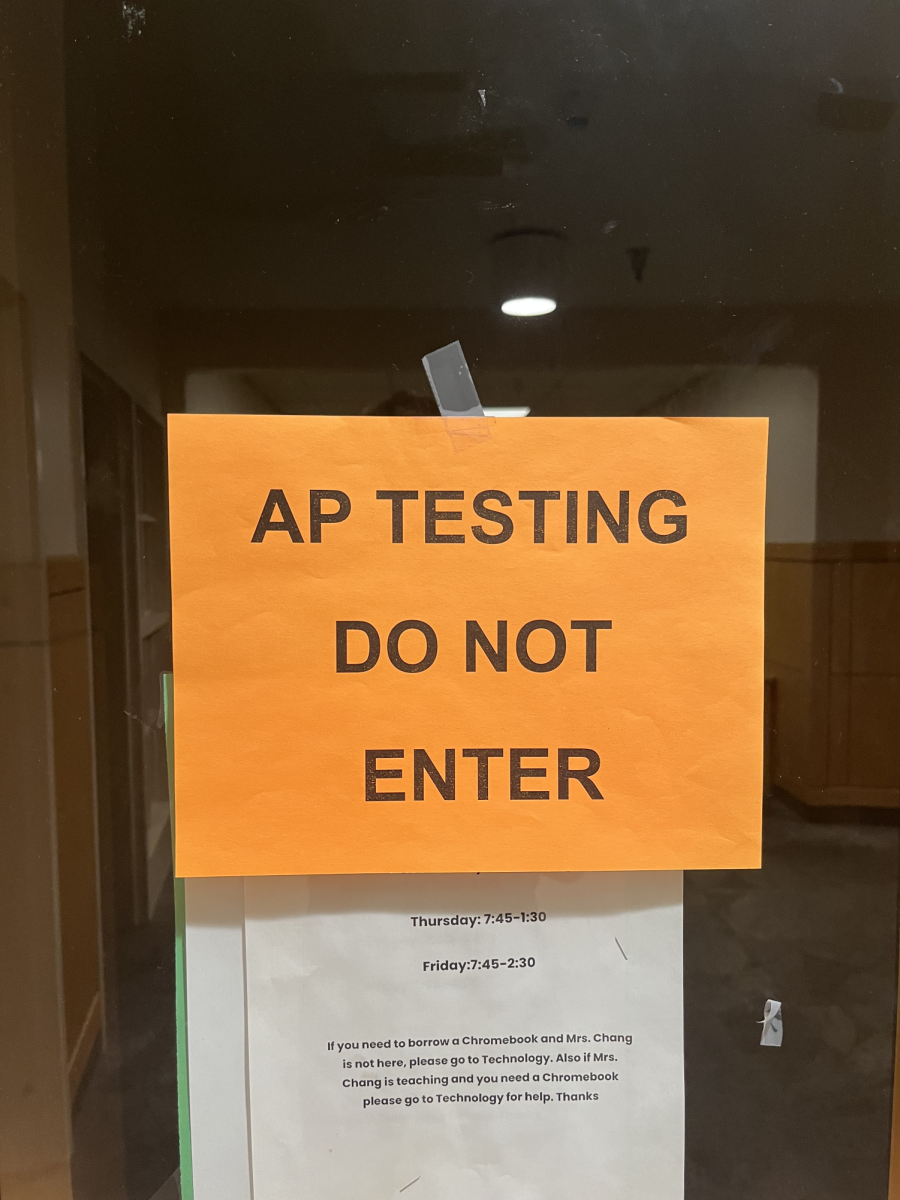By the time the fourth quarter rolls around, many high school seniors are checked out and ready to be done with classes. Luckily, IHS has a program called BRIDGE which allows seniors in good academic standing to work jobs or do internships during the last quarter of high school. The BRIDGE program is typically viewed as an exciting gateway into the future, allowing high school seniors to step into professional environments that cater to their interests. Beyond the competence of the workforce, there lies a true sense of emotional reality that sets in which many students and teachers take note of in these few formative weeks.
BRIDGE certainly has numerous benefits that coincide with the experience itself. Mr. Wood, an English teacher at IHS as well as one of the coordinators of BRIDGE, says the program is extremely beneficial, especially to “students who feel they’ve gotten everything out of highschool.” He feels a sense of optimism when BRIDGE begins because the students are taking on new challenges and getting a chance to broaden their horizons. He is excited for students to be able to pursue their interests and explore potential careers. From Mr. Wood’s perspective, he is appreciative of the BRIDGE program’s ability to instill a sense of engagement with the professional world as well as a matured sense of focus on real world subject matters. He believes that the program is truly advantageous, as students are able to represent themselves in a professional setting as well as gain life experience.
Similarly, BRIDGE attendant and IHS senior Maggie Beland believes that the implications of BRIDGE make for a meaningful and worthwhile time. She claims that BRIDGE “enhances our social skills and our ability to speak up for ourselves in a setting where you don’t know anybody.” The sense of emotional growth that is often overlooked within this program reflects a skill that is developed with many years of experience and practice, and the fact that high school seniors get a glimpse of that through this program is truly exceptional. In a world that values collaboration and teamwork, the ability to communicate with others in a professional setting and gain the courage to speak up in an area that you are still navigating through is a lifelong skill that is vital to one’s personal growth.
While Maggie acknowledges that speaking up in new situations can be uncomfortable, she believes that “we need to experience these types of situations to grow as professional people.” By partaking in BRIDGE, students are able to practice communication skills that are necessary in the workforce as well as everyday life.
As exciting and optimistic as BRIDGE is, some students may feel some sentiments of sadness when they are away from their friends and classes during the last couple months of high school. It can be difficult to step away from the familiarity of a school schedule, and students may feel that they are missing out on time with their peers. Students on BRIDGE are required to return to school for any AP courses as well as occasional practices for music classes. Maggie has no regrets doing BRIDGE, but admits that “when [she] comes back to school for orchestra, [her] mood immediately skyrockets with the familiarity of the people and the building.” As difficult as it can be for students to transition away from the familiarity of high school, Maggie points out that life is full of transitions so it’s important to learn to adapt and embrace changes.
Ultimately, it’s natural for new opportunities such as the BRIDGE program to instigate a whirlwind of emotions–excitement, uncertainty and perhaps a hint of worry. However, these feelings tend to validate the importance of chances like these, and while transitioning into the next phase of life may be challenging, it is in these exact moments that growth truly begins.





